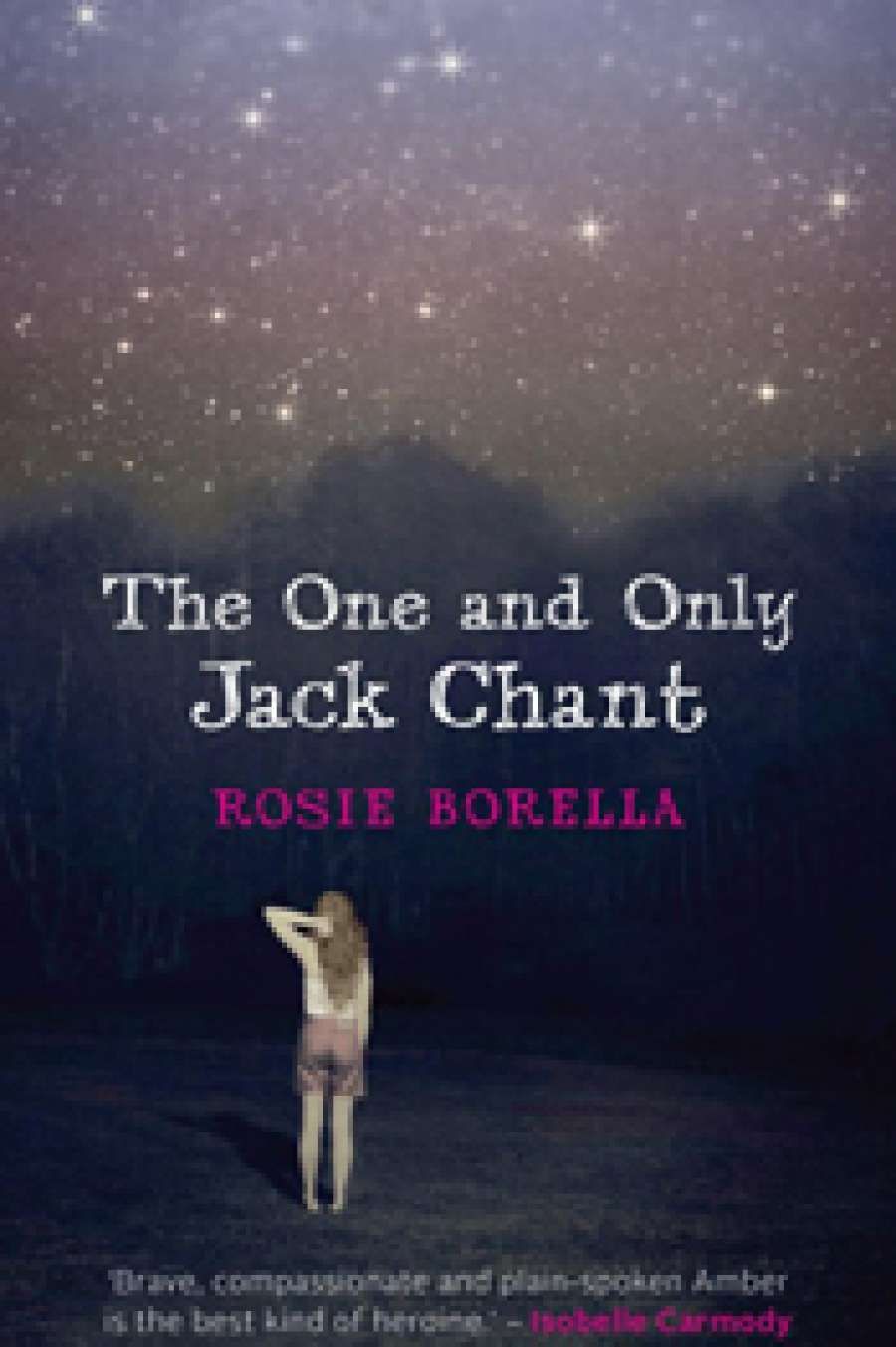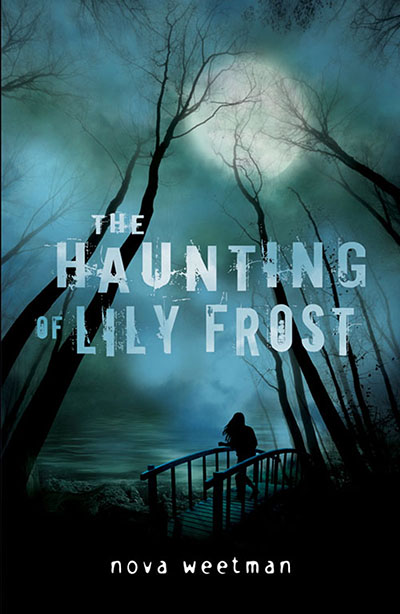
- Free Article: No
- Contents Category: YA Fiction
- Review Article: Yes
- Article Title: Underworld
- Article Subtitle: New YA Novels from Rosie Borella and Nova Weetman
- Online Only: No
- Custom Highlight Text:
In Negotiating with the Dead (2002), Margaret Atwood proposes that all writing ‘is motivated, deep down, by a fear of, and fascination with, mortality – by a desire to make the risky trip to the Underworld, and to bring something or someone back from the dead’. Certainly writers often use their craft both to preserve the memory of times, places, and people lost to them, and, consciously or unconsciously, to create a vivid, unique voice that will outlast their own earthly existence. Is this fixation with mortality also a reason for the frequent presence of ghosts in narratives? From Hamlet’s father through to Heathcliff’s Catherine, and on to the otherworldly characters in The One and Only Jack Chant and The Haunting of Lily Frost, many stories pose the question as to whether these eerie spectres are ghosts or imagination, as well as what the living can learn from them – and, as Lily Frost questions, ‘What do ghosts want?’
- Book 1 Title: The One and Only Jack Chant
- Book 1 Biblio: Allen & Unwin, $15.99 pb, 328 pp, 9781743311387
- Book 1 Readings Link: booktopia.kh4ffx.net/MXz77J
- Book 2 Title: The Haunting of Lily Frost
- Book 2 Biblio: University of Queensland Press, $19.95 pb, 240 pp, 9780702250156
- Book 2 Cover Small (400 x 600):

- Book 2 Cover (800 x 1200):

- Book 2 Cover Path (no longer required): images/ABR_Digitising_2022/Archive/the-haunting-of-lily-frost.jpg
- Book 2 Readings Link: booktopia.kh4ffx.net/7mqzzA
The One and Only Jack Chant introduces us to sixteen-year-old Amber, isolated at home in a country town after her friends have left to study in the city. To save for university the following year, Amber gains a qualification in aged care and begins work at a local nursing home. There, and on her family’s farm, she glimpses a mysterious stranger, a ‘boy watching her … Tall. Dark. Curly hair. Lively eyes.’ Discovering the reason for his curious presence becomes Amber’s mission. Is Jack a relative of one of her patients? A time-traveller? Or just ‘a headcase’? As Amber attempts to unravel his inscrutable behaviour, she is plunged into a realm where ‘the dream world and the real world confound’, and eventually collide.
This is Rosie Borella’s début, and it is both structurally and thematically ambitious. At over 320 pages, it needed more precise editing to highlight the sometimes beautiful passages of prose. Extended sections of reverie occur before we are fully drawn into the story, which builds confusion. Amber is periodically transmuted into Jack’s body, becoming privy to his thoughts and memories as a way to fill in back-story. These sections may have been more illuminating if told as direct recollections by Jack, without one remove.
These hesitations aside, there are moments when Borella’s writing shines: ‘The paddock was a riot of daisies, fairy dust scattered on a blanket of green’; ‘Reality yawned ahead of her’; a blush is ‘a blood blister … broken all over her face’. Similarly, evocations of Australian bushland and humorous scenes in the nursing home offer refreshment from the fantasy settings that are often heavy with mixed metaphor and simile. Borella lives on a farm in country Victoria and has trained and worked in nursing; writing from real experience is clearly her talent.


Comments powered by CComment